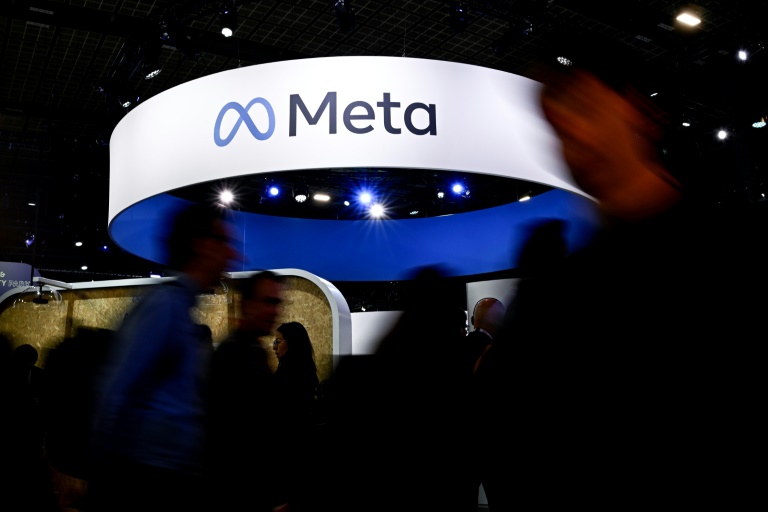Young citizens across the globe vote at relatively low rates, which contributes to political parties’ de-prioritizing issues that matter to youth, from climate change to well-paying jobs.
A new study by political scientist Guy Grossman of the School of Arts & Sciences and co-authors looks at the effects of low-cost online interventions in encouraging young Moroccans to turn out and cast an informed vote in the 2021 elections.
The study by Grossman, lead author Romain Ferrali of Aix-Marseille School of Economics, and Horacio Larreguy of Instituto Tecnológico Autónomo de México and published in Science Advances, targeted young people on Facebook in the weeks before the Moroccan general elections, inviting them to play games and answer quizzes as a way to boost civic education and convince participants that voting matters.
Before the September 2021 election, the co-authors used Facebook ads to recruit 7,521 participants in Morocco between the ages of 18 and 35. Social media use is widespread in Morocco, and Facebook is the most used social media platform in the country, with 70.5% Moroccan internet users aged 16–64 using the platform at least once a month.
The online interventions helped participants check their registration status on the voter file and, if necessary, assisted in navigating the registration process; provided them with civic education material through a short video emphasizing the role of voting in strengthening institutions; and helped them to identify the party that lined up best with their policy preferences through an online tool that compared the stated policy positions of participants on a variety of politically salient issues to parties’ positions over those same issues.
2023-07-17 13:48:02
Link from phys.org


















